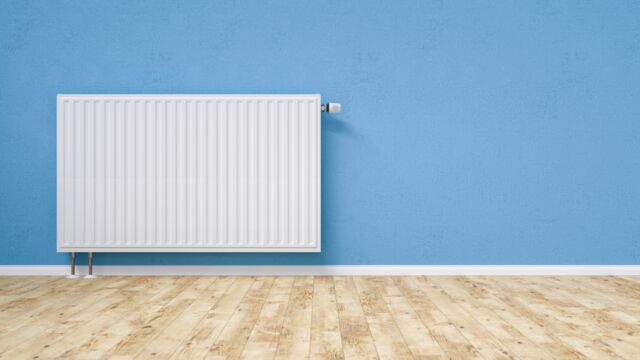You usually don't expect it until the day you receive a letter from your energy supplier, with a large bill that needs to be paid next month... And yes, heating can sometimes be very expensive, so there are certain pitfalls which can be avoided.
Discover our latest podcast
Heating: mistakes to avoid
While you might think that turning off your radiator when you're not at home will reduce your bill, think again, this can quickly become a problem. In fact, turning off the heater completely causes over-consumption when you turn it on again.
Maintaining a reasonable temperature limits the energy consumption necessary to achieve a comfortable temperature when you return home, thus reducing your bill. Another advantage is that it reduces the humidity while raising the temperature in your home. The result being that in winter, it is advisable to leave your heating on at a constant temperature of around 19°C/20°C if it is a thermostat, or on the 2/3 heat setting if it is an electric heater.
And if you go on holiday?
If you are going away for several days, don't panic, you can leave your heating on. However, it is better to turn it down to a minimum heat (around 15°C) for example. That way, your flat won't be freezing when you return home.
How to save some money?
After having followed this method, is your electricity bill still too high? Here are a few tips to lower the bill.
Close the shutters
If you want to keep your home warm without overheating it, consider closing your shutters during the day when you are not at home.
Setting a timer
For maximum savings on heating, set a timer. When you are not at home the temperature can go down to 17/18°C, and then set it to raise to 19°C or 20°C for when you return home.
Opting for a wood fire
To reduce your bill, there's nothing like having a roaring blaze in the fireplace. What's more, you'll be able to sit by the fire and relax.
Maintaining your heating
When a conventional or electric radiator is too old, it will tend to consume more, therefore increasing your bill. So maintain it, and change your appliances every 10 years.















